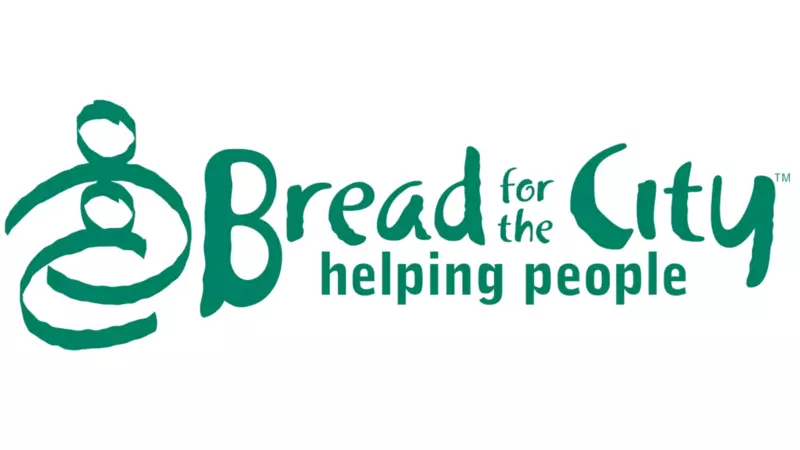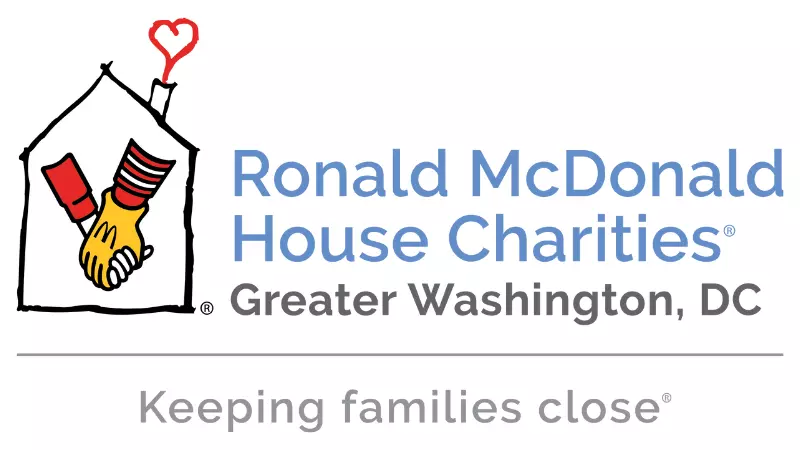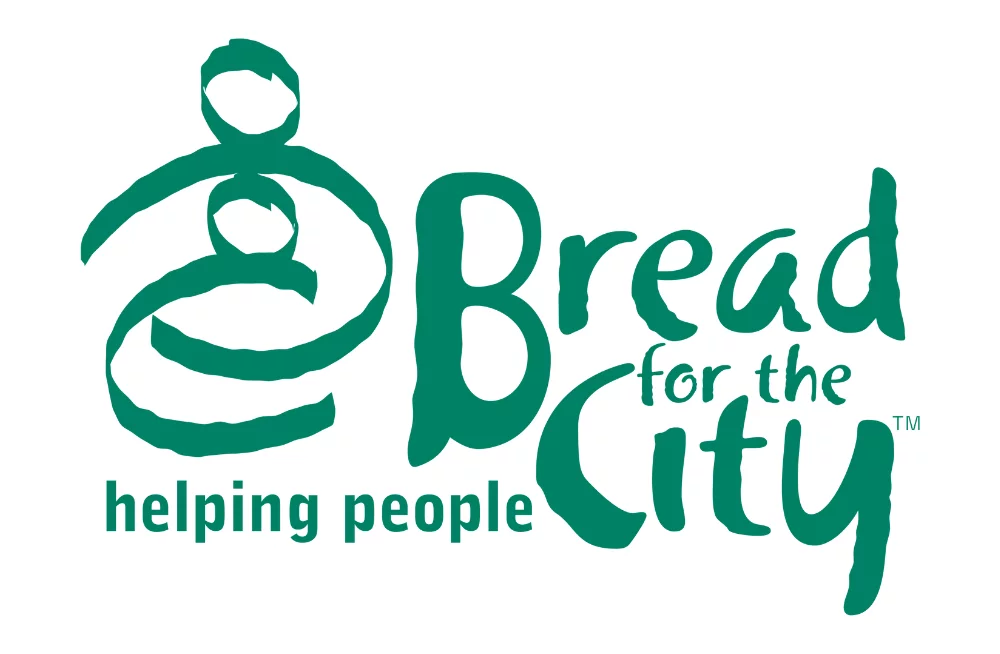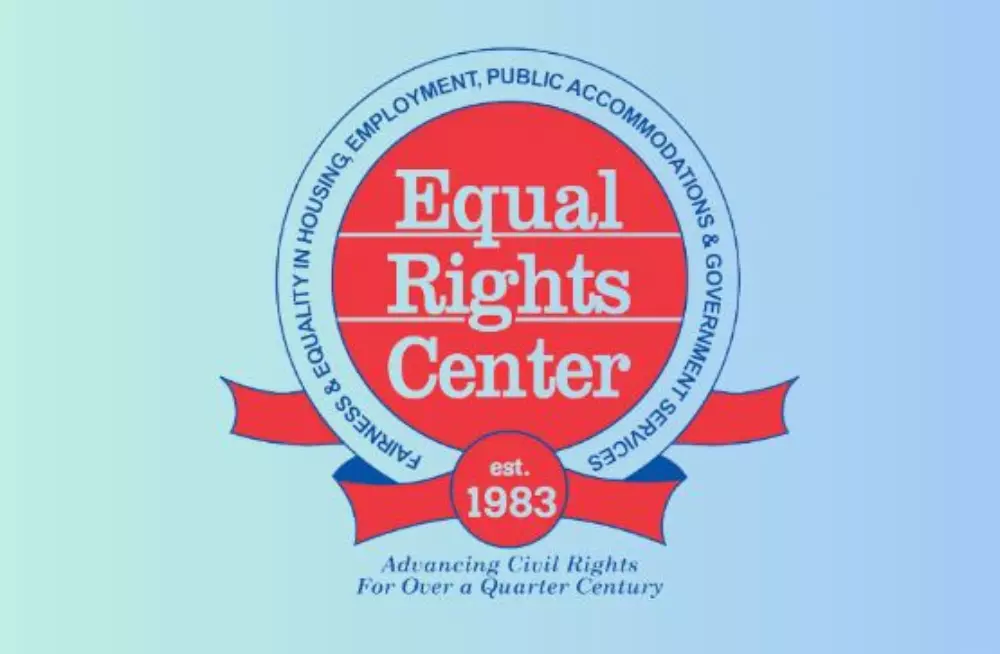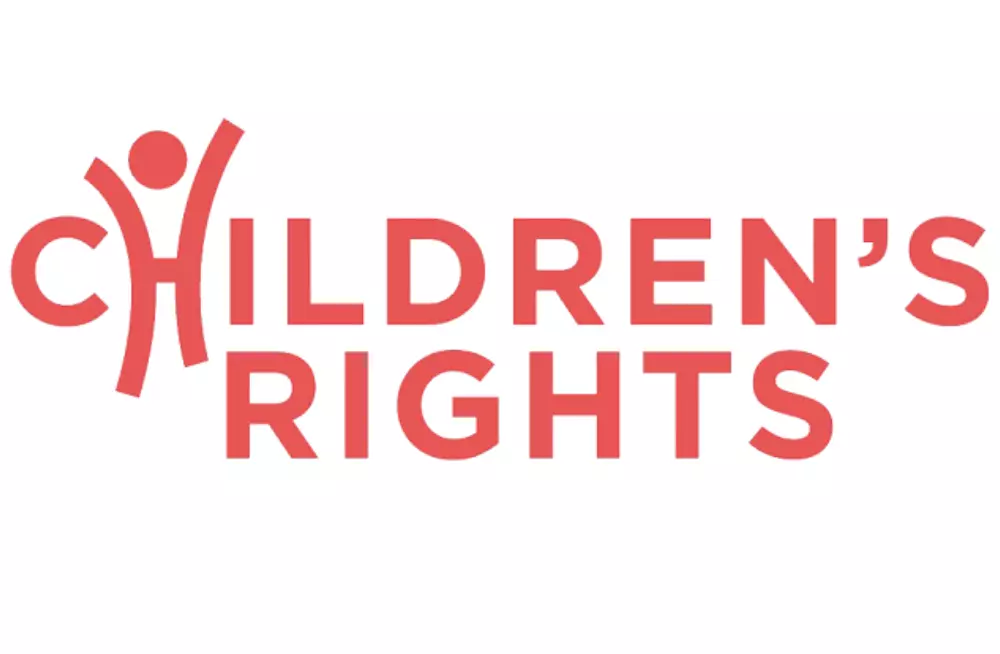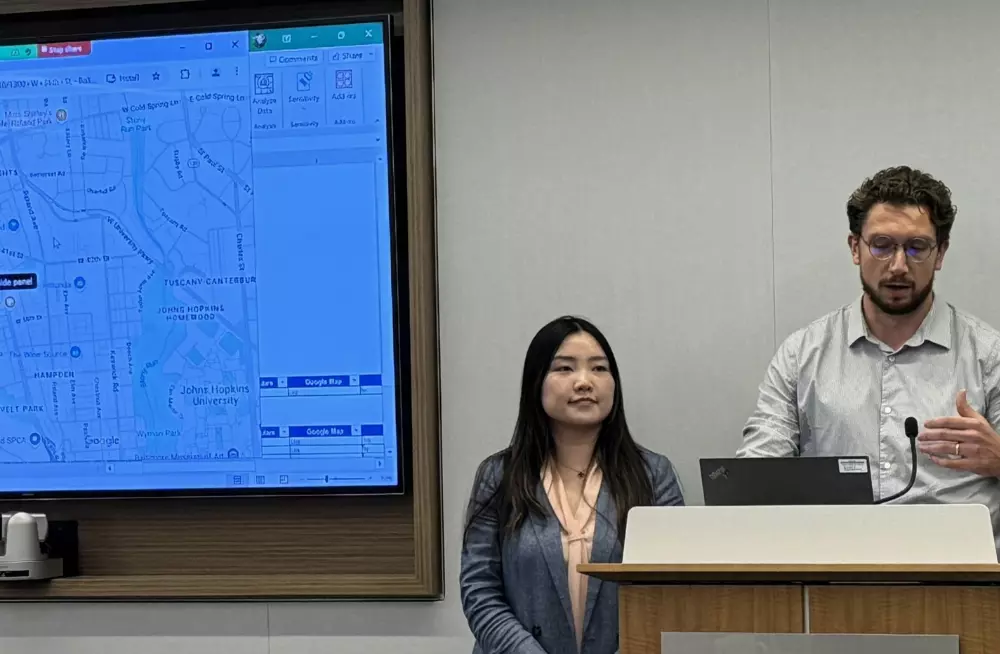Children's Law Center
For several years, Bates White has been analyzing the DC Council’s agency-level budgets for Children’s Law Center (CLC). These budgets can be difficult to interpret and are typically released only a week before the Council begins budget hearings. Bates White’s analysis of the budget identifies key trends in the budget and facilitates the formation of CLC’s strategy in advocating for some of the city’s most vulnerable populations during the budget hearings. Learn more about our relationship with CLC.




